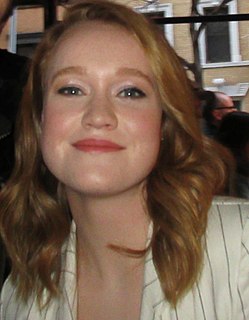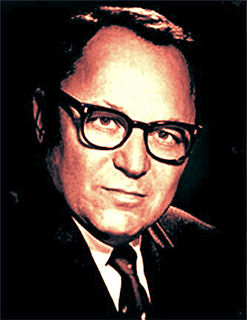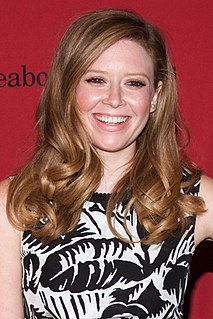A Quote by Frank Moore Cross
Frank [Moore Cross], publicly dissects the text but he has a private, passionate relationship to the text that he doesn't often speak of publicly.
Quote Topics
Related Quotes
As for the discipline, we [me and Frank Moore Cross] belong to two different disciplines. One involves research and archaeological materials. Mine is more interpretive. But it is the love for the text that is there, and that is what makes the whole adventure of reading and studying and sharing worthwhile.
With Orff it is text, text, text - the music always subordinate. Not so with me. In 'Magnificat,' the text is important, but in some places I'm writing just music and not caring about text. Sometimes I'm using extremely complicated polyphony where the text is completely buried. So no, I am not another Orff, and I'm not primitive.
Governmental surveillance is not about the government collecting the information you're sharing publicly and willingly; it's about collecting the information you don't think you're sharing at all, such as the online searches you do on search engines... or private emails or text messages... or the location of your mobile phone at any time.
The discourse on the Text should itself be nothing other than text, research, textual activity, since the Text is that social space which leaves no language safe, outside, nor any subject of the enunciation in position as judge, master, analyst, confessor, decoder. The theory of the Text can coincide only with a practice of writing.



























